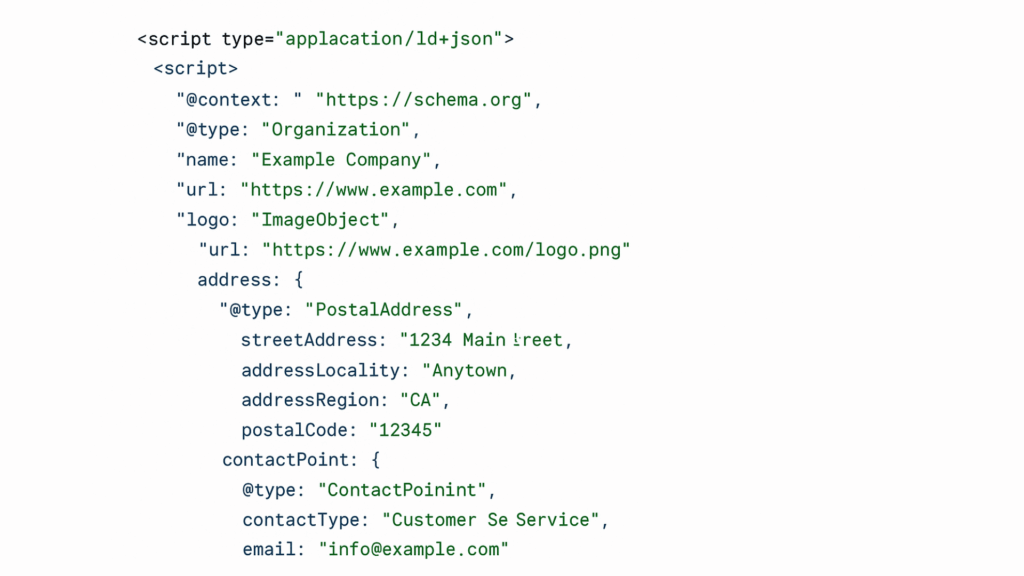Panamedia | Digital Marketing Agency in Dubai

With the evolution of artificial intelligence and the transformation of online search habits, companies are asking themselves a new question: how can I make my website appear in ChatGPT search results and other AI tools?
Unlike Google, AI-based search systems such as ChatGPT, Perplexity, and Bing Copilot do not simply list websites; they synthesize answers from the most reliable and structured sources on the web.
If you want your brand to appear in these answers, you need to understand AI SEO — the next generation of search engine optimization designed for machine learning and language models.
In this guide, we will explain how AI search optimization works and how to make your website visible in AI searches through simple, concrete steps.
Traditional SEO focuses on optimizing for Google’s crawlers — improving keywords, backlinks, and page elements so that your site ranks higher in search results pages.
AI SEO (or AI-powered search engine optimization) is different. It’s about helping artificial intelligence systems understand and trust your brand as a source of truth.
Instead of focusing solely on ranking, the goal is to make your site’s content machine-readable, factual, and semantically clear so that it can be cited or referenced by AI tools.
AI SEO relies on:
When users ask ChatGPT questions like “What are the best digital marketing agencies in Dubai?” or “How do I make my website visible in AI search results?”, the AI tools analyze millions of data points to formulate an answer.
Websites that use structured data and publish reliable content are more likely to be included in these responses. This means that visibility is no longer just about ranking; it is now about being cited by AI as a reliable source.

Structured data is one of the most powerful tools for AI-powered SEO. It allows search engines and AI models to “read” your site like a database rather than a simple web page.
Use JSON-LD schema markup to describe your organization, address, contact information, and social media links. Example:

This allows AI systems to verify your brand identity and confidently integrate it into the results.
AI tools answer questions in natural language, not just short phrases. When writing blog posts or service pages, focus on search intent by including keywords such as:
Use long-tail questions in your headings (H2 and H3). For example:
This reflects how users interact with AI tools and increases the chances that your content will match their queries.
AI systems prioritize authoritative content. You can build your authority by:
The more you write about a specific area of expertise, the more AI models consider you a reliable source in that area.
Make sure your business name, phone number, email address, and postal address are identical on your website, social media profiles, and Google My Business listing. AI systems verify this information to determine your business’s legitimacy.
Additionally, claim or update your profiles on LinkedIn, Facebook, and other public directories. These references enrich your “entity graph”—the network of data points used by AI to identify your business.
Even if your content is AI-optimized, remember that your audience is still human. Use a natural and helpful tone. Explain complex concepts simply. Use concrete examples, as this article does.
AI tools learn to identify reliable sources by analyzing user behavior. When users spend time reading your content, it strengthens its credibility with Google and AI systems.
Read also: How to optimize your content for LLM?
Adding a FAQ section or tutorial at the end of your articles improves their visibility in AI and voice search engines.
Each FAQ provides a direct and clear answer — exactly what ChatGPT or Perplexity look for when summarizing content.
Gaining visibility for AI takes time. Once your structured data and content are published, it can take anywhere from a few weeks to a few months for AI crawlers to process them.
Use tools like Google Search Console and Bing Webmaster Tools to monitor how your pages are indexed and make regular adjustments.
AI is redefining online visibility. To stay ahead of the curve, it’s essential to combine technical rigor with relevant and reliable content. Implement structured data markup, optimize your SEO for natural language queries, and position your brand as an expert source.
If you need expert help setting up AI SEO or structured data for your business, contact Panamedia. Our SEO agency in Dubai specializes in creating websites that stand out in the new world of AI-driven search.
AI SEO focuses on optimizing your website for machine learning systems and AI search engines like ChatGPT, while traditional SEO targets Google’s ranking algorithms.
Add structured data, publish high-quality question-based content, and maintain consistent information across your digital profiles.
Yes. Structured data helps AI understand your business context, which increases your visibility in AI-generated answers.
This usually takes between 4 and 12 weeks, depending on how often your website is indexed and the strength of your digital presence.